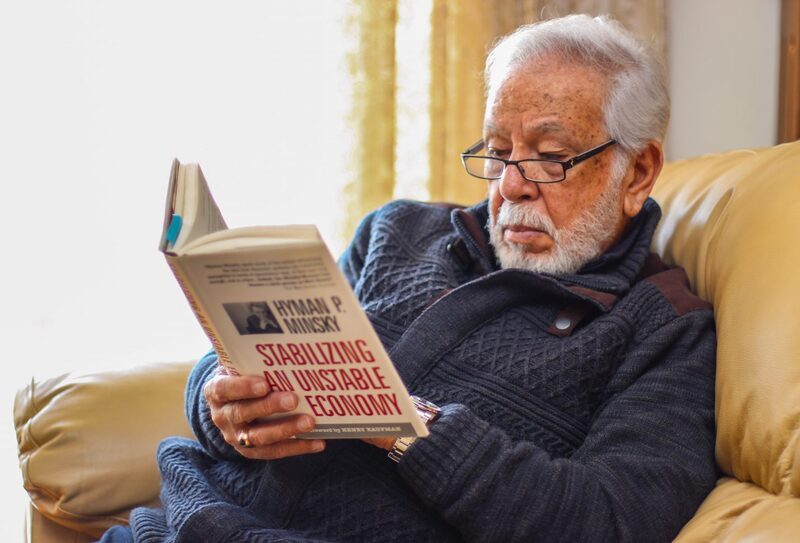
Water Conservation: 7 Simple Ways to Save Water at Home and in Your Business
Water is one of our most precious resources, yet it is often wasted without thought. ...

From the Rio Conference in 1992 and the COP1 in 1995 till the last COP23 in 2017, the paradigm of sustainable development has emerged as a viable alternative to the “Take-Make-Waste “economy of the industrial age.
Renewable energy, electric cars, Al, Big Data, and 3D printing among other technologies are helping to construct innovative ecosystems in different fields which will help to achieve the 2030 SDGs agenda. But the dilemma is also there. Inputs needed for those technologies demand the extraction and consequently the exhaustion of the minerals and rare earth resources. For example, the mines in the republic of Congo for the extraction of “cobalt” – indispensable for the manufacturing of phone cells, laptops etc… – are a major threat to the environment and is exploited by foreign firms at the expense of local development!
The electronic waste shipped from the North and buried in the sands of the Sub Sahara represents another environmental threat. One will ask then: green tech for whom? Moreover, the energy policies in advanced economies are rather homogenous. The US, China, Canada and others are racing ahead to maximize the use of fossil fuels! The CO2 emissions released by the use of fossil fuels in advanced industrial countries – as given by the International Energy Agency- are far more than the world average. This trend continues under the powerful influence of business interests!
A systemic new approach is urgently needed for a decent existence for both the citizens in developed and developing countries. It starts with a remodeling of the “transfer mechanisms of the new technologies” which are insufficient in the Kyoto Protocol; the reduction of the duration of the property rights of green technologies; the agreement on a global governance for multinationals; the creation of a multilateral fund for the green technologies as proposed by the G77; the change of consumption practices in advanced economies and the enhancement of the cooperation South-South in environmental issues.
اترك تعليقا